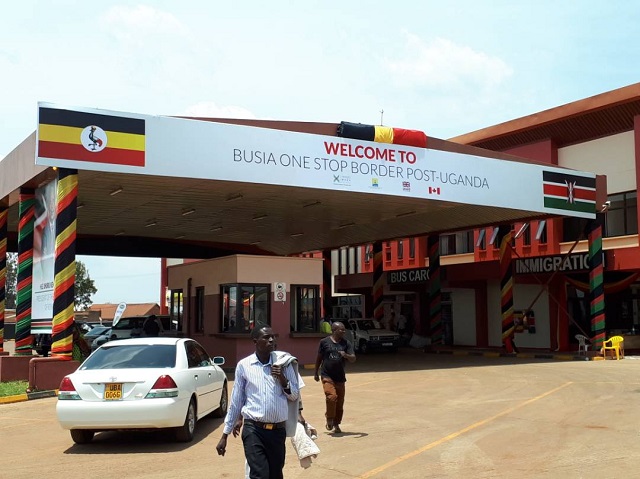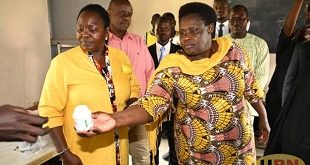
Malaba, Uganda | THE INDEPENDENT | Almost a year into the Covid-19 pandemic, hundreds of people in the border towns of Mutukula and Malaba still don’t believe that the viral respiratory disease is real even as it has so far claimed 333 people and affected 40,221 others. Uganda registered its first Covid-19 case in March last year.
In a press briefing preceding the official launch of results from a study in which Makerere University researchers sought to analyze local adaptation of COVID-19 prevention measures among people living in Malaba and Mutukula, Dr. Joseph Matovu, a behavioral scientist says 222 people of the 855 that they sampled believe there is no COVID-19 in Uganda.
The two border towns were hotspots for the disease.
Even among those that believe that the disease exists in the country, some 131 said the disease is not for Ugandans and only affects white people. 33 percent of the respondents wrongly believe that once one has suffered from COVID-19 and recovered, they are free to drop their mask and other standard operating procedures because they can’t acquire the virus again.
The study conducted from September to December 2020 in order to among other things identify locally acceptable prevention measures involved key populations including truckers who were the first people to be affected by the disease in Uganda, sex workers, customs officials, the business community and health workers.
Dr. Joseph Matovu says that overall, they found that over 80% of the respondents had basic knowledge about how the disease can be prevented with the majority saying they got most of the information through television, radio and social media.
On her part, Dr. Rebecca Nuwematsiko, a researcher based at Makerere University School of Public Health who participated in the study told journalists that they found that people aged 50 and above took the prevention measures more seriously compared to their younger counterparts.

She said the respondents who they reached out to through different ways including face to face interviews, focus group discussions and key informant interviews pointed out facilitators of adherence to guidelines had the necessary knowledge and facilities for use.
She says when it comes to those that didn’t believe COVID-19 exists, the majority came from the Uganda -Tanzania border in Kyotera district, something she attributes to early denial by the neighbouring country.
She says respondents are worried about being stigmatized if they enter Tanzania with a mask.
However, Tanzania’s president John Pombe Magufuli recently came out to speak publicly about the disease and urged his people to take precaution. While attending mass at a church in the capital Dodoma on Sunday, Magufuli encouraged Tanzanians to start wearing locally made masks.
Whether this will improve the situation at the border is still uncertain but Makerere University scientists will go back to the same communities they visited after six months to find out whether the measures they brainstormed with the communities actually worked. Matovu says the aim of the study was to come up with standard operating procedures that are locally acceptable.
*****
URN
 The Independent Uganda: You get the Truth we Pay the Price
The Independent Uganda: You get the Truth we Pay the Price



